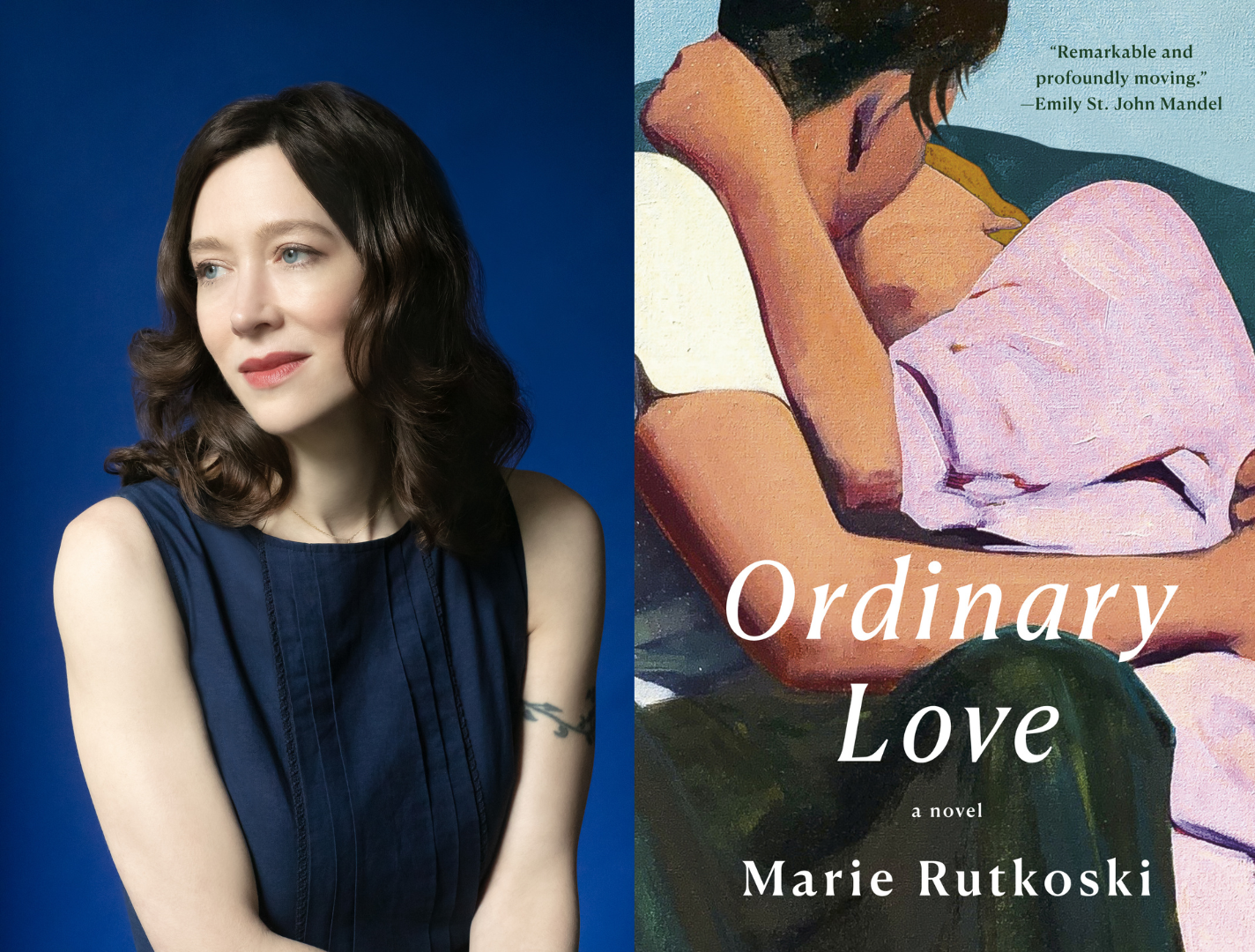
News
Summers Will Not Finish Semester of Teaching as Harvard Investigates Epstein Ties

News
Harvard College Students Report Favoring Divestment from Israel in HUA Survey

News
‘He Should Resign’: Harvard Undergrads Take Hard Line Against Summers Over Epstein Scandal

News
Harvard To Launch New Investigation Into Epstein’s Ties to Summers, Other University Affiliates

News
Harvard Students To Vote on Divestment From Israel in Inaugural HUA Election Survey
‘Shakespeare Was a Bit of a Fanboy’: The Confluence of History and Literature in Marie Rutkoski’s Fiction

“I think studying history is maybe fundamentally a way of studying who has power and who doesn’t, and what are the ramifications of each,” author Marie Rutkoski said in an interview with The Crimson.
Rutkoski has written multiple New York Times bestselling novels that differ vastly in genre, geographic location, and time period. Her debut novel “The Cabinet of Wonders” is set in a magical version of 19th-century Prague, while 2022’s “Real Easy” is a crime novel that takes place in a Midwestern strip club in the 1990s. The protagonists of Rutkoski’s 2025 novel, “Ordinary Love,” have a townhouse on Manhattan’s Upper East Side. One thing connects Rutkoski’s sprawling body of work: her relentless interest in history, which informs how power structures are created and maintained in the worlds about which she writes.
Rutkoski is an English professor at Brooklyn College, where she teaches Shakespeare and Renaissance studies. Her interest in the Bard began long before that when she was in fifth grade and young Rutkoski saw a collection of Shakespeare on the classroom shelf.
“I thought, I don’t know who Shakespeare is. But I do know that I love books, that that is who I am. I am somebody who loves books. And I know that people who love books love Shakespeare. Therefore, I will love Shakespeare,” Rutkoski said.
Reading Shakespeare’s plays at such a young age gave Rutkoski an intuitive grasp of dialogue and an interest in the psychology of characters. When asked whether characters should be based on an author’s own experience, Rutkoski offered this perspective: “There are ways in which really talented authors are able to inhabit other worlds and other minds and other life experiences that they didn’t necessarily have.”
In “Ordinary Love,” one element of the main character’s story is that she suffers a miscarriage. Although Rutkoski had personally never experienced one, her knowledge of what it’s like to have children and what it means to experience loss enabled her to write the scene authentically.
Although Rutkoski’s novels are character-driven, her novels draw strongly from the fantasy worldbuilding principles in author Patricia Wrede’s website, “Wrede on Writing.” When writing her YA fantasy novel “The Winner’s Curse,” Rutkoski considered a series of questions about her world, such as how the economy runs and what are the institutions that support power.
“Knowing history is important because it shows us the ways in which power and the lack thereof shapes the world around you,” Rutkoski said.
As an example, Rutkoski described the impact of the bubonic plague on class structures in England — with so much of the population decimated, a real demand for skilled labor enabled the formation of a nascent middle class.
“That’s just one way in which looking at a historical fact can show us how society gets changed and upended, and that’s always a rich place to start for writing fantasy,” she said.
Rutkoski argues that even the greatest authors — Shakespeare, Austen, and the like — were themselves drawing from history, or from older literary traditions.
“One could argue that there’s a lot of classic canonical fiction that is fanfiction, right? Is ‘Julius Caesar’ fanfic of ‘Plutarch’s Lives?’ I think that Shakespeare was a bit of a fanboy and was reinvigorating the stories that he loved,” said Rutkoski.
This goes for other authors, too.
“I think that it is something maybe not well acknowledged, but should be, that the history of literature is in many ways constructed by authors falling in love with other authors,” Rutkoski said.
Rutkoski herself is inspired by many other artists, from Kristin Cashore, author of “Graceling,” to the films of Hayao Miyazaki. Rutkoski’s “Ordinary Love” is not fanfiction or a retelling of Jane Austen’s “Persuasion,” but it was something that Rutkoski was thinking about as she wrote her novel, where second love is allowed to bloom.
“I thought, ‘What would it be like to write a story where the Captain Wentworth figure is a hot butch woman?’ And that was the inspiration for Gen, the love interest in that novel,” said Rutkoski. “You could argue that there is a fanfiction vein that runs through ‘Ordinary Love,’ even though it’s not a retelling of ‘Persuasion;’ there is a quality that’s built in there, a quality of the way in which it is written that springs from my love for Jane Austen.”
It should be no surprise that Rutkoski earned her doctoral degree in Harvard’s History & Literature department in 2006, where she later taught. Her interest in love, class, and power is the thorough vein through the vast differences in genre, allowing her to craft psychologically detailed characters and fantasy worlds that feel “real.”
What’s next for Rutkoski?
“I think probably my next novel will be in the same vein as ‘Ordinary Love,’ that it will be about emotions and relationships, and it will be written in the literary way for an adult audience,” she said.
—Staff writer Laura B. Martens can be reached at laura.martens@thecrimson.com.
Want to keep up with breaking news? Subscribe to our email newsletter.
